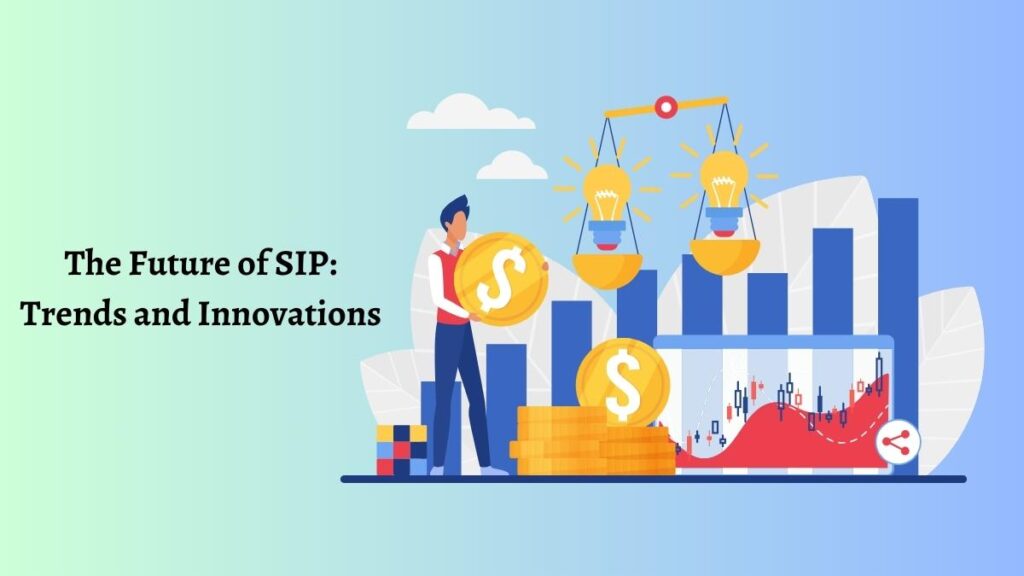The future of Systematic Investment Plans (SIPs) is influenced by evolving financial landscapes, technological advancements, and changing investor preferences.
Here are some trends and innovations that are likely to shape the future of SIPs:
1. Digital Transformation:
The financial industry is undergoing a digital transformation, and SIPs are no exception. Investors can expect more user-friendly and convenient digital platforms for initiating and managing their SIPs. Mobile apps, online account access, and AI-driven robo-advisors will become more prevalent, making it easier for investors to set up and monitor their SIPs.
2. ESG Investing:
Environmental, Social, and Governance (ESG) investing is gaining prominence. In the future, SIPs will likely offer more ESG-focused options, allowing investors to align their investments with their values. ESG criteria will be integrated into the fund selection process, giving investors opportunities to invest in socially responsible companies.
3. Customization:
Investors are increasingly seeking customized investment solutions. In the future, SIPs may offer more flexibility for investors to tailor their investment portfolios to their specific goals and risk tolerance. This could involve dynamic asset allocation and personalized investment strategies.
4. Micro-Investing:
Micro-investing apps and platforms are on the rise, allowing individuals to invest small amounts of money regularly. SIPs will likely adapt to this trend, making it even more accessible for people to start investing with minimal capital.
5. AI and Data Analytics:
Artificial intelligence and data analytics will play a significant role in SIPs. Machine learning algorithms can be used to analyze historical data, identify trends, and make real-time adjustments to investment portfolios, potentially improving returns and risk management.
6. Fractional Investing:
Fractional investing allows investors to purchase fractional shares of expensive stocks or exchange-traded funds (ETFs). SIPs may enable fractional investing, making it easier for individuals to diversify their portfolios with a smaller budget.
7. Automation and Smart Contracts:
Smart contracts on blockchain technology can automate the SIP process, reducing administrative overhead and increasing transparency and security. Investors can set up SIPs with predefined conditions, and transactions can be executed automatically when those conditions are met.
8. Behavioral Finance Insights:
SIPs of the future may incorporate behavioral finance insights to help investors make better financial decisions. This could involve nudges, reminders, and educational content to encourage disciplined investing and reduce emotional decision-making.
9. Global Investing:
With increasing globalization, SIPs may offer more opportunities to invest in international markets and assets. Diversifying across various geographies and currencies may become easier for investors.
10. Regulatory Changes:
Regulatory frameworks may evolve to better protect investors and promote transparency in the SIP industry. These changes could impact the way SIPs are structured and offered.
Conclusion:
It’s important to note that the financial industry is dynamic, and SIPs will continue to evolve to meet the changing needs of investors. While these trends and innovations provide a glimpse into the future, the specifics will depend on various factors, including economic conditions, regulatory developments, and investor preferences. As a result, staying informed and seeking advice from financial professionals will remain essential for investors looking to make the most of SIPs in the future.



